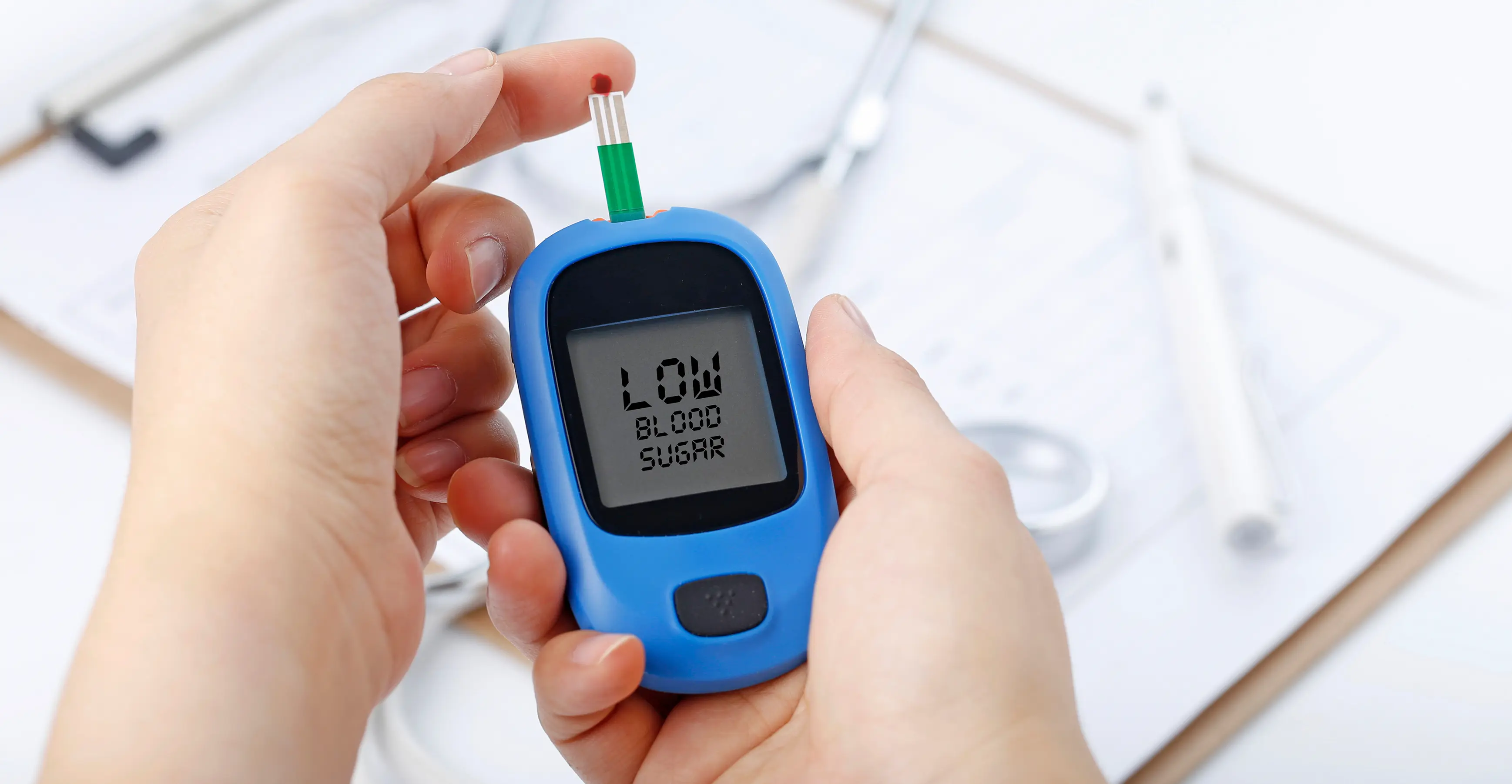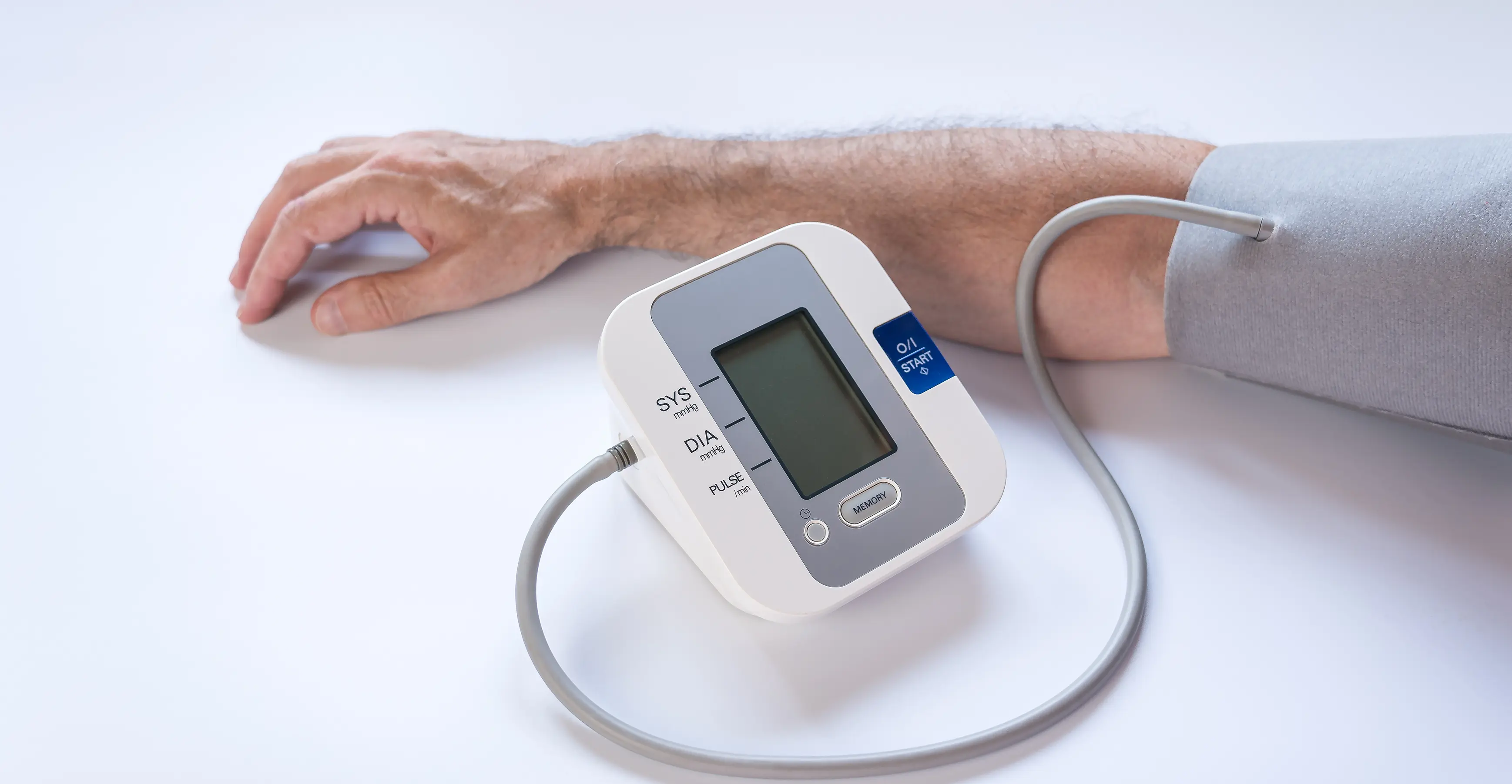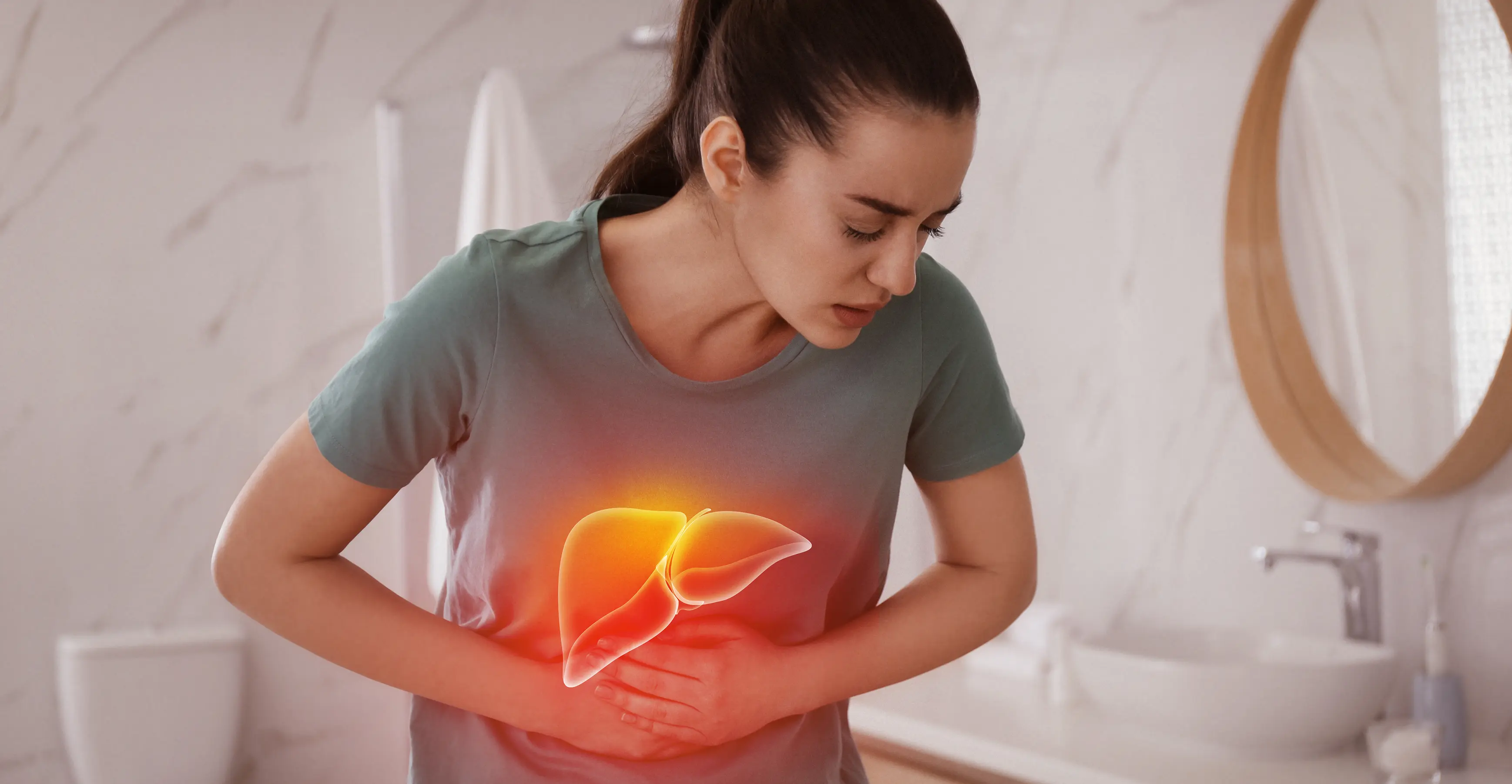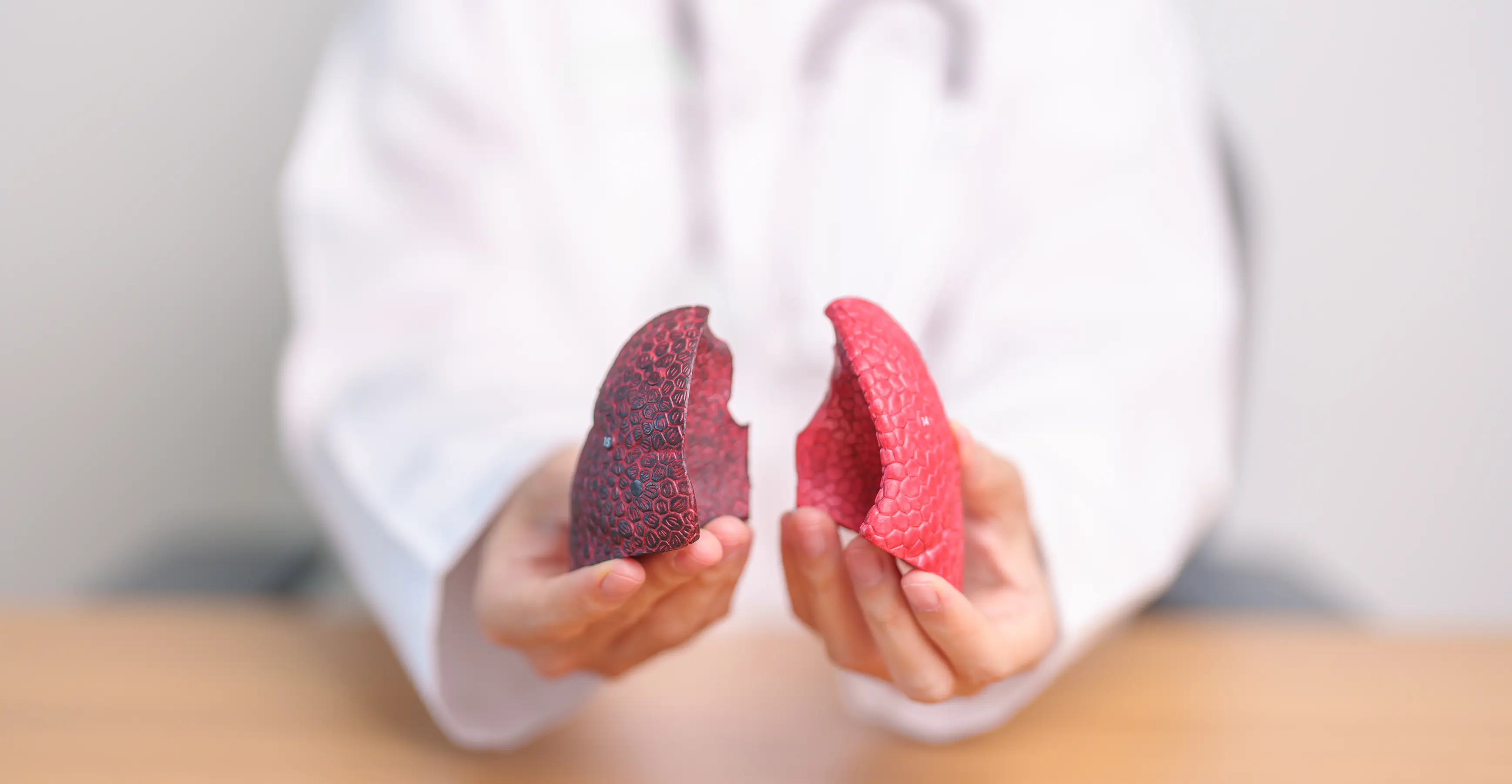Why We Get Sick? | Causes of Sickness
Understanding why we get sick is essential for maintaining good health and preventing illness. Our bodies face numerous challenges every day, and knowing the root causes of sickness helps us take proactive steps to protect ourselves.
Dr. Jahangir Kabir, a renowned health expert, has dedicated years to studying the science of wellness and disease prevention. His insights provide valuable guidance on how various factors impact our health and make us vulnerable to sickness.
So, what exactly makes our body susceptible to illness? From lifestyle choices and environmental exposures to genetic factors and immune system strength, many elements play a role. Let’s explore these causes to empower you with the knowledge to stay healthier and stronger.
What Does It Mean to Get Sick?
Getting sick means that your body is experiencing a disturbance in its normal functioning, often caused by harmful agents or internal imbalances. Sickness can range from mild discomfort, like a common cold, to serious illnesses that require medical attention.
When pathogens such as viruses, bacteria, fungi, or parasites enter the body, the immune system responds by trying to fight off these invaders. This reaction can cause symptoms like fever, fatigue, and inflammation as the body works to restore balance.
Besides external pathogens, internal factors like nutritional deficiencies, hormonal imbalances, or chronic stress can also trigger sickness by weakening the body’s defenses.
Recognizing the early symptoms of sickness is crucial. Early detection allows timely treatment and prevents complications, helping you recover faster and maintain better overall health.
❓What is Insulin Resistance?
Insulin is an essential hormone that helps cells absorb sugar (glucose) from the blood to use as energy. However, when the body becomes insulin resistant, the cells stop responding properly to insulin.
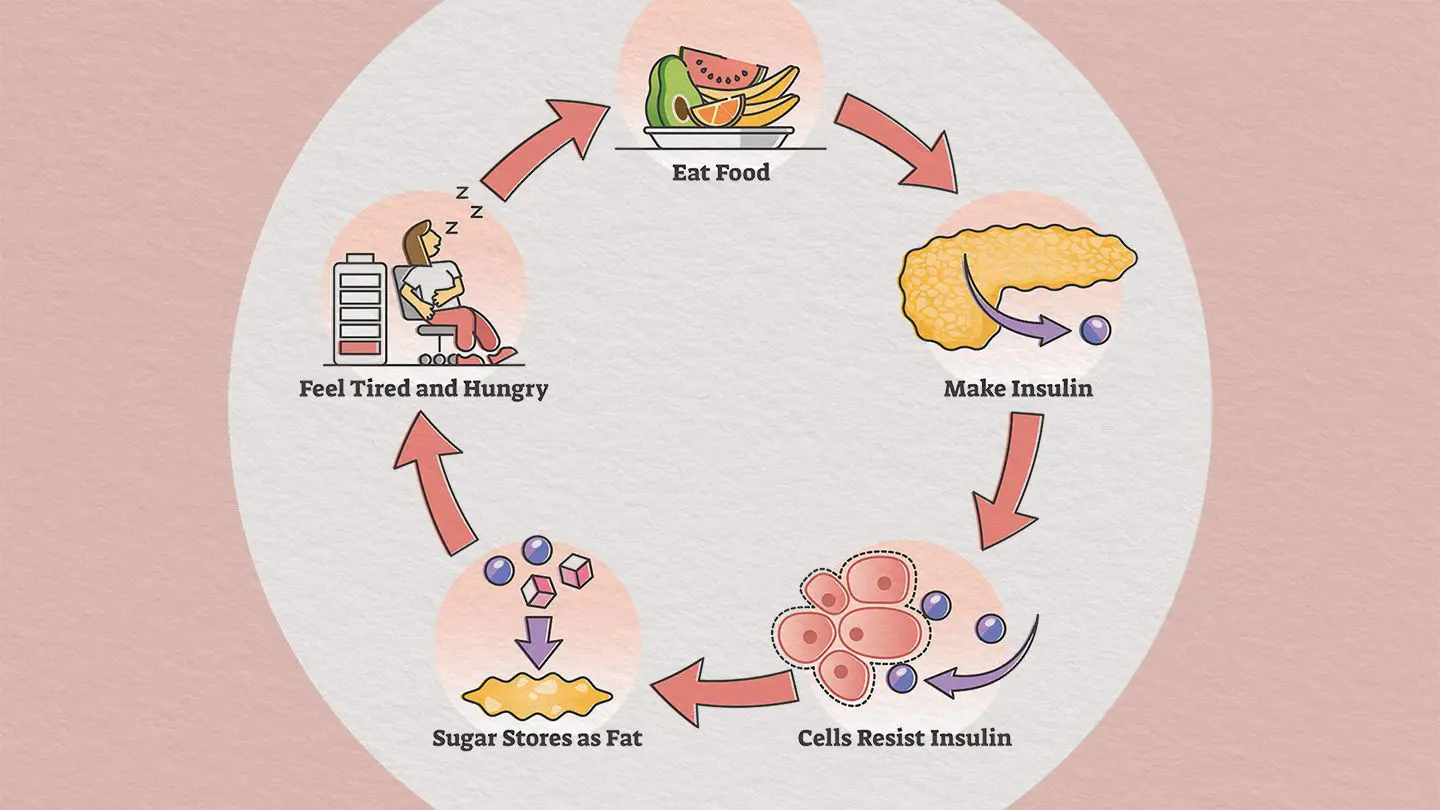
🚨Why is Insulin Resistance a Major Cause of Modern Diseases?
Insulin Resistance is not just about high blood sugar — it is the root cause behind many serious diseases affecting millions worldwide. When your body stops responding properly to insulin, it sets off a chain reaction that damages nearly every organ and system over time.
⚙️ Metabolism: The Body's Energy Engine
🌿 What is Metabolism?
Metabolism is the natural process through which your body converts the food you eat into energy. This energy is essential for everything — from breathing, moving, thinking, to growing and repairing cells.
Your metabolism has two main functions:
1️⃣ Anabolism (Building Up)
- The process of using nutrients from food to build and repair body tissues.
- Supports growth, muscle building, and healing.
2️⃣ Catabolism (Breaking Down)
- The process of breaking down food molecules to release energy.
- Provides fuel for daily activities, exercise, and body functions.
🔑 How Does Metabolism Work?
When you eat food — whether it's carbohydrates, proteins, or fats — your body breaks it down into smaller units like glucose, amino acids, and fatty acids.
👉 Insulin, a vital hormone, helps move glucose (sugar) from your blood into your cells, where it's used as energy.
➡️ This energy allows you to think, move, and function properly throughout the day.
However, when insulin resistance develops, this smooth process is disrupted, leading to a sluggish metabolism and low energy levels.
🚨 How Does Insulin Resistance Affect Metabolism?
When you have insulin resistance:
❗ Your body’s cells stop responding properly to insulin.
❗ Sugar stays in the blood instead of being used as energy.
❗ The body stores more fat instead of burning it for fuel.
⚠️ Key Problems Caused by Insulin Resistance on Metabolism:
✅ Slower Metabolism: Your body burns fewer calories, making weight gain easier.
✅ Fat Storage: Excess sugar is stored as fat, especially around the belly.
✅ Chronic Fatigue: Low energy because the body can't use fuel efficiently.
✅ Increased Risk of Diseases: Obesity, Type 2 diabetes, heart disease, and more.
🌟 Why Maintaining a Healthy Metabolism is Important?
A healthy metabolism helps you:
✔️ Stay energetic and active throughout the day.
✔️ Burn fat efficiently and maintain a healthy weight.
✔️ Prevent chronic diseases like diabetes and heart disease.
✔️ Support brain function, hormonal balance, and overall well-being.
Conclusion: Take Charge of Your Metabolism
Your metabolism isn’t just about burning calories — it’s your body’s energy engine. When it's running smoothly, you feel energetic, maintain a healthy weight, and reduce your risk of chronic disease. But when insulin resistance slows it down, you may experience fatigue, weight gain, and other health problems.
Dr. Jahangir Kabir emphasizes that understanding and supporting your metabolism through proper nutrition, movement, and hormonal balance is key to lifelong vitality. It’s not just about eating less — it’s about eating smart, moving right, and restoring your body’s natural energy flow.

🚀 Ready to Boost Your Metabolism and Reclaim Your Energy?
✅ Learn how to reverse insulin resistance naturally
✅ Discover the foods and habits that fuel your metabolism
✅ Get Dr. Jahangir Kabir’s proven strategies for energy, weight control, and wellness
.

